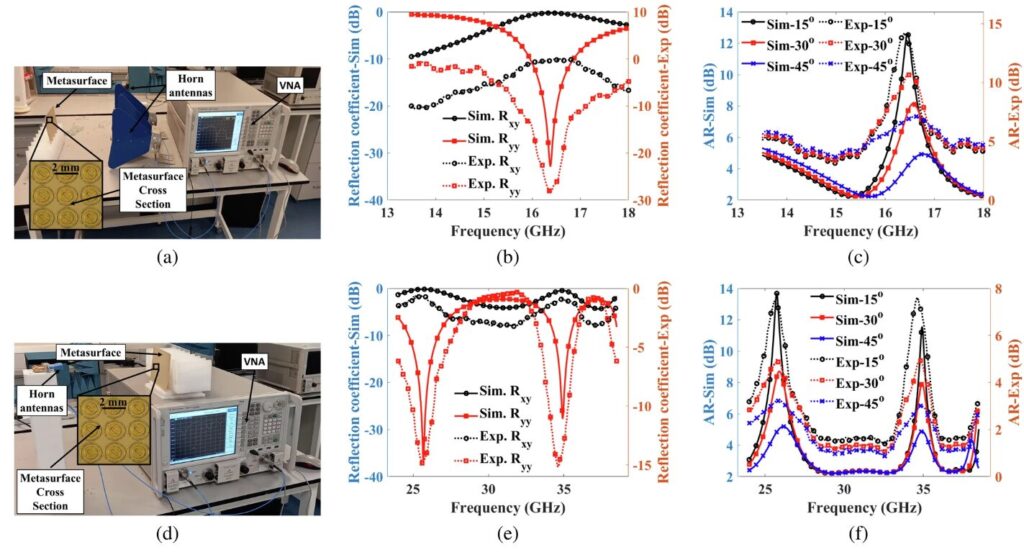
From: Multi-band ultrathin reflective metasurface for linear and circular polarization conversion in Ku, K, and Ka bands
A new, cheap, easily manufactured device could lead to improved satellite communication, high speed data transmission, and remote sensing, scientists say.
A team of engineers led by researchers from the University of Glasgow have developed an ultrathin 2D surface that harnesses the unique properties of metamaterials to manipulate and convert radio waves across the frequencies most commonly used by satellites.
Metamaterials are structures that have been carefully engineered to imbue them with properties that don’t exist in naturally occurring materials.
The team’s metamaterial, unveiled today in a new paper published in the ...
Read More














Recent Comments